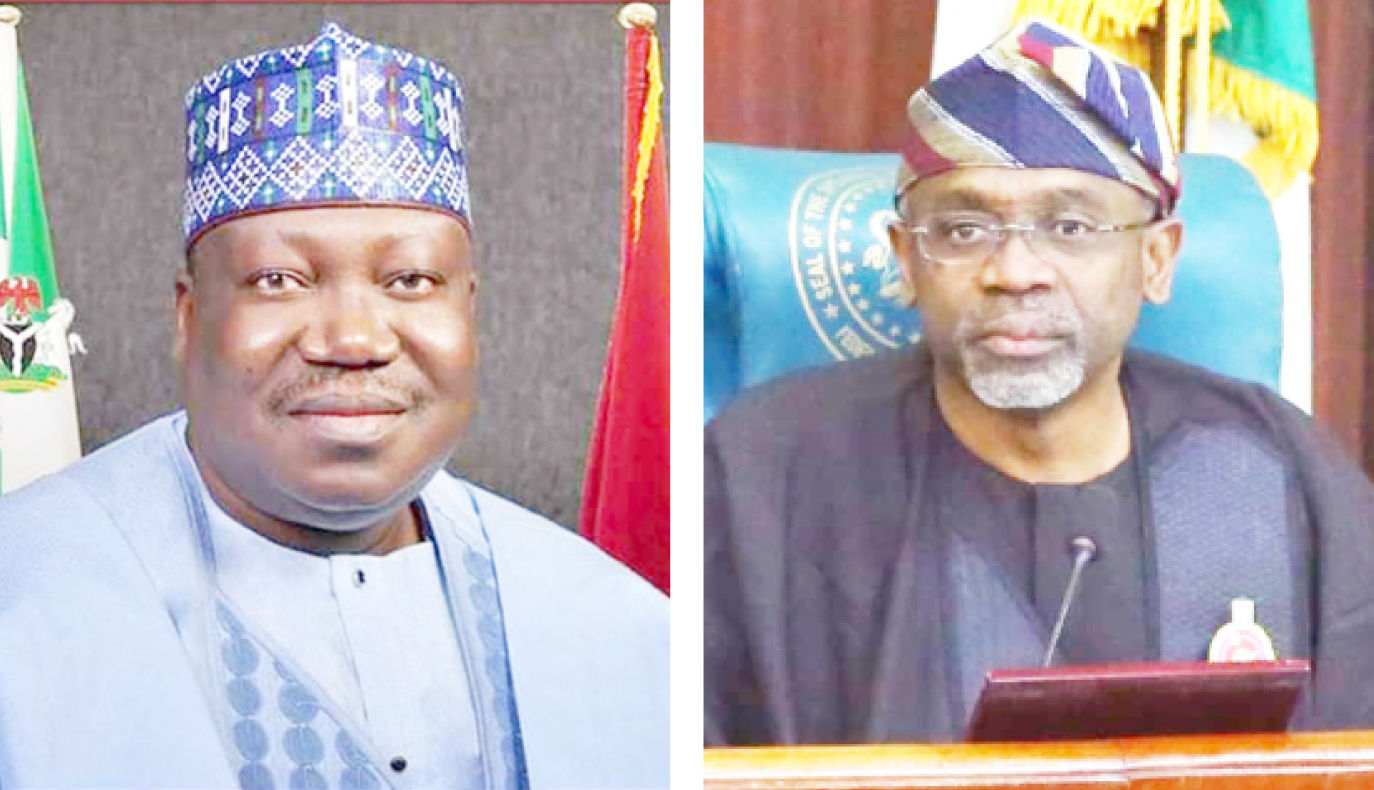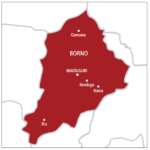For years, the National Assembly has been at loggerheads with various federal government agencies over their refusal to remit revenues and unspent funds to shore up government revenues, reduce budget deficits and borrowings.
Recently, the National Assembly threatened to withhold the budgets of some of the agencies that have refused to remit revenues they generated to the government coffers.
It has also muted the idea of directing some Revenue Generating Agencies (RGAs) that generate billions of naira which can fund all their activities to become self-funding.
A report by the House of Representatives Committee on Finance based on its interactions with various RGAs on the 2022-2024 Medium Term Expenditure Framework (MTEF) and Fiscal Strategy Paper (FSP) suggested the exemption of some agencies that are financially stable and can stand on their own.
The agencies proposed for the exemption include; the National Agency for Food and Drugs Administration and Control (NAFDAC), the National College of Aviation Technology (NCAT), Zaria, among others.
Chairman of the committee, James Faleke (APC, Lagos), while presenting the report to the House, said the agencies that have the capacity to stand on their own without any recourse to federal government be exempted from budgets.
However, it would be recalled that prior to the recommendations by the committee NAFDAC, Nigeria Communication Satellite Limited (NIGCOMSAT) and Nigeria Electricity Regulatory Commission (NERC) have at a Senate committee interaction with MDA’s on revenues indicated their interest to opt out of national budget, and utilise their IGR to run their operations.
In his submission before a Senate committee, the DG NAFDAC, Prof. Moji Adeyeye, said the agency can exit the budget, take care of all its capital, overheads and have excess funds to remit which can be used to reduce budget deficit.
NAFDAC, which claimed to have generated N4 billion as at June 2020 through sales of registration forms, fines, industrial fees and user fees, was accused by the House Committee on Finance of extra-budgetary spending and alleged non-remittance of N13.5bn during the 2022-2024 MTEF/FSP interaction which was conducted in August.
The NAFDAC’s DG had earlier disclosed before a Senate committee that she inherited over N3bn liabilities on assumption of office.
On his part, Chairman NERC, Sanusi Garba, said the agency was also ready to exit federal budget.
He promised to pay off N28m, a pending unremitted one per cent stamp duties owed by contractors on contracts awarded by the agency.
Similarly, the DG NIGCOMSAT Limited, Abimbola Alale, whose agency generates billions in revenue and have billions allocated in every annual budget, said lack of sufficient funding was a major challenge facing the agency.
He said the agency would get investors and partners that will invest funds which will make it more vibrant and profitable to provide more revenue for the government and become self-sufficient to run its affairs independent of budgetary allocations.
In a submission before the House Committee on Finance on 2022-2024 MTEF, Head of Quality Assurance, Nigeria College of Aviation Technology (NCAT) Zaria, Ibrahim Hirse, said the college revenue is being affected by the subsidy on the N7.5m single payment which covers students’ feeding, accommodation and tuition.
“The major issue is that we charge N7.5m, and that is how it has been since 2007. In Ilorin, the pilot training is N22m. The government has not allowed us to increase our course fees,” he said.
Hirse said as a result of the policy on the fees charged by the College, it has a low revenue inflow which cannot take care of its operations.
He said that was the reason it has to depend on budgetary allocations and other funds from government, adding that the revenue being generated from its fees would not even cover the cost of fuel to power their aircraft.
“Even under cost recovery, we cannot even pay for the fuel that we use. But the government says they are subsidizing, so we cannot increase it,” he said.
However, chairman of the Committee, James Faleke (APC, Lagos), said, government needs to prioritise its spending to avoid borrowing.
“The problem we have is a contradiction of laws. It is not about you; it is for the National Assembly to take a critical look at it and help the country to grow.
“As it is, we continue to borrow money to meet the needs of Nigerians, whereas, critical agencies like you have access to more money than even the Nigerian government, and you just spend the money anyhow. They give you N20bn today, you will spend it as if it is not enough,” he said.
Another member of the committee, Muktar Ahmed (APC, Kaduna), also advised the college to increased its fees to at least N14m.
“What stops you from charging the N22.5m they are charging in Ilorin? Tell the government, children on the streets don’t want to go to glorified driving school. I call pilots glorified pilots.
“If the children of the rich are coming to your school, and you are still charging N7.5m against a competitor that is charging N22.5m, you see where your problem is? I am sure your facilities are better.
“Anybody that wants to be a pilot, charge them because your competitor is doing N22m and Nigerians are still going there. Even if it is N14m, at least your position will improve,” he had said.
The committee in its report also accused some RGAs of arbitrary and frivolous expenditure which is making it hard to determine their actual revenue due to the federal government.
According to the report, a large percentage of their expenditure include large personnel costs which was always at variance and difficult to reconcile with the staff on the agencies’ nominal payroll.
The Committee, therefore, recommended that the House should, as a matter of urgency, review the laws establishing revenue-generating agencies, to conform to the Fiscal Responsibility Act, 2007, as well as the Act itself in section 21 and 22 with the current expenditure to revenue ratio as issued by the presidency in a circular.
Speaking on the issue, Auwal Musa Rafsanjani of Civil Society Legislative Center (CISLAC), said the National Assembly must address the failure of government agencies to utilise budgeted funds and non-remittance of revenues or excess, unspent funds.
“The truth is that many people have not understood the extent of corruption in the country. When you are collecting government money and you are not remitting or making your expenditure public, there is every possibility that you will be engaged in frivolous, fraudulent spending.
“The failure of the National Assembly to seriously carry out its oversight responsibility in terms of scrutiny and particularly the Public Accounts Committee created these lapses where government agencies are collecting funds including donor funding and also having internal revenue generation without making it known.
“The National Assembly must saddle up to ensure that government agencies are more transparent and accountable, otherwise, I don’t understand why the government is complaining about revenue and they are not paying attention to those lapses where agencies are collecting revenues and not accounting for it or remitting,” he said.
The agencies recommended to exit the budget are among the RGAs whose revenue should have made an impact at least taken care of their recurrent expenditure and overheads for years.
This would have reduced the burden of deficits in the nation’s budget which had been of great concern as it affects the proper implementation of budgets.
However, despite the recommendations by the House Committee and the desire of the agencies to exit budgetary allocations and become self-funding, much still needs to be done as regards existing laws which allowed most of them to flout financial regulations.

 Join Daily Trust WhatsApp Community For Quick Access To News and Happenings Around You.
Join Daily Trust WhatsApp Community For Quick Access To News and Happenings Around You.



